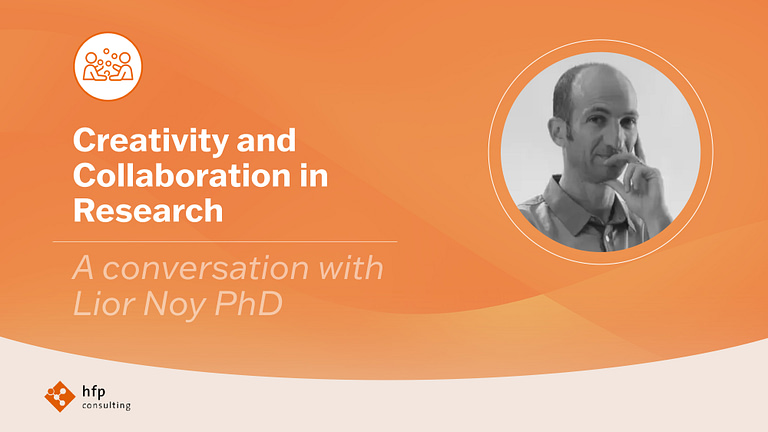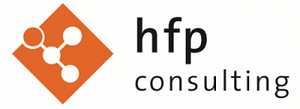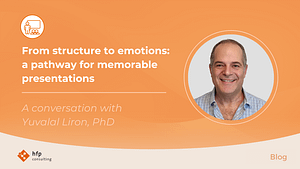
Coming up with creative ideas or solutions is essential for being a good scientist. But what is a creative idea, and how does a scientist come up with one? This topic is not usually considered within the scientific community, where it may seem that researchers are expected to think of disruptive questions and ideas without guidance.
This lack of explicit discussion leaves a vacuum that leads to misconceptions and an apparent conflict between critical and creative thinking. In this post, Dr. Lior Noy, a collective creativity researcher from Ono Academic College (OAC) and a trainer with hfp consulting, helps us understand how to avoid creative blockers and foster scientific innovation.
Defining innovation through a scientific lens
“An important first step towards fostering creativity in research is to demystify the term”, says Lior Noy whose unique vision comes from a combination of his extensive experience as a researcher, and decades of hands-on experience in theatre and improvisation. “When asked about their creative abilities, many of our alumni think they are not creative at all”, he explains. But their problem is often one of conceptualization than a lack of imagination.
We tend to associate research with strict and precise guidelines. Researchers follow the scientific method, gather data, use statistics, and measure their results. But this preconceived notion of what science involves falls short when we seek to integrate divergent thinking into the scientific equation. The truth is that disruptive science rarely happens. In its stead, smaller innovative changes arise. How to come up with these novel approaches depends on a chorus of abilities that everyone has and that can be improved.
Balancing personal and collective needs
“Creativity is more than coming up with an idea”, explains Noy. “It’s also about choosing an idea out of many, developing it, and coordinating efforts to find a solution.” For this process to happen, it is essential that researchers understand “what kinds of practices enable creativity – and which block it”, he adds.
Most institutions want to have creative thinkers within their ranks. However, science is a competitive environment, under constant pressure to achieve more, faster, and better. These requirements often block the creative impulse. By gaining awareness of the factors that kill creativity, researchers can not only improve their own thought process but also open the stage for their team’s creativity to shine.
“To come up with new ideas people need space and time to fail”, explains Noy. And the burden of decision-making when it comes to people’s use of such valuable resources falls on senior researchers and PIs. Deciding when to directly solve young researchers’ problems or when to push them to seek the answers for themselves is often harder than coming up with innovative solutions yourself. “Part of what we teach at our workshop is not about managing your creativity, but how to support others: nurture their talent without damaging their autonomy”, he adds.
Pushing the boundaries of thought
When given the tools to foster creative thinking, “scientific leaders can create a situation where people will feel more secure, not only to come up with but also to share their crazy ideas.” And this goal is at the core of hfp consulting’s workshop on creativity in research. Following a hands-on approach, over a few days, participants work with other researchers, improve their communication and listening skills, and learn practical tools and techniques.
“I feel that discussing creativity and its connection to personal choices, freedom and autonomy is fundamental to research”, Noy argues. Most people wish to find their path and being creative is, in a way, to connect with one’s own identity. “In the workshop, we create a space for researchers to reconnect with this inner space.” A proof of concept that equips researchers to create environments where creativity doesn’t just survive but thrives.
If you want to know more about our specific course for Creativity and Collaboration in Research, please contact us.





